Why You Should Replace Your HVAC System With A Heat Pump
 During the fall and the winter, we replace a lot of different HVAC systems. We want to tell you a little bit about why you should replace your HVAC system with a heat pump. These are some of our favorite HVAC systems for a few reasons.
During the fall and the winter, we replace a lot of different HVAC systems. We want to tell you a little bit about why you should replace your HVAC system with a heat pump. These are some of our favorite HVAC systems for a few reasons.
That’s not to say that a furnace for the winter, or an air conditioner for the summer are bad HVAC systems. They simply don’t have the flexibility and capabilities that a heat pump does. We have replaced hundreds of heating and cooling systems all over Cape Cod, and we want to tell you a little bit more about why we love heat pumps.
In this article, we will go over some of the benefits of heat pumps, and explain when you should replace your HVAC system. If you live on Cape Cod and are looking for some help with your home comfort, give McDonnell Mechanical a call at (508) 394-0005, or contact us online!
The Benefits Of Heat Pumps
There are all kinds of reliable HVAC systems, but there are a few things that heat pumps that we love. Here are a few of the best benefits when it comes to a new heat pump for your Cape Cod home!
Energy Efficiency
One of the most significant benefits of heat pumps is their exceptional energy efficiency. Unlike traditional HVAC systems that generate heat by burning fuel or using high levels of electricity, heat pumps transfer heat from one place to another. In heating mode, they extract heat from the outside air (even in very cold temperatures) and move it indoors. Conversely, when the system is in cooling mode, they remove heat from inside your home and release it outside.
This process requires far less energy compared to conventional HVAC systems like furnaces and air conditioners. This improved energy efficiency is better for the environment, your energy bills, and your HVAC system!
The Ability to Heat and Cool
Unlike a furnace or an air conditioner, a heat pump can provide both heating and cooling. This dual functionality means you don’t need separate systems for summer and winter, like most homes have needed for years before this.
This is going to help you out when it comes to maintenance, as well as reducing the need for multiple installations. It takes up less space around your home, and makes it easier to maintain one system, rather than 2.
Eco-Friendly Operation
Because of this more energy efficient operation, heat pumps are also very eco-friendly. Traditional heating systems, like gas furnaces, rely on fossil fuels, which contribute to greenhouse gas emissions. In contrast, heat pumps use electricity to move heat rather than generate it, resulting in significantly lower carbon emissions.
Heat pumps in general are designed to be more energy efficient than conventional HVAC systems, even the ones that also use electricity. This reduction in energy consumption is what makes them so environmentally friendly.
Saving Money with Tax Credits, Rebates, and Reduced Energy Bills
When you install a heat pump, there are normally a bunch of great financial incentives that come along with it. Many government programs and utility companies offer tax credits, rebates, and other incentives for installing energy-efficient systems like heat pumps. These programs are designed to encourage the adoption of greener technologies and can help offset the initial cost of your heat pump installation.
For example, in the United States, the Inflation Reduction Act offers tax credits up to $2000 for installing qualifying high efficiency heat pumps, and many states have additional incentives. Utility companies also normally offer rebates, depending on how efficient your new heat pump is, and what time of year it is.
Beyond rebates and tax credits, the ongoing savings on your energy bills can be substantial. The efficiency of heat pumps means you spend less on heating and cooling, which can lead to hundreds of dollars in savings each year. When you factor in the long lifespan of modern heat pumps—often 15 to 20 years—these savings can add up to thousands of dollars over the lifespan of your heat pump!
Installing A Heat Pump In Cape Cod, MA
As you can see, there are a lot of great reasons to install a heat pump in your Cape Cod home. That’s not to say there’s anything wrong with furnaces or air conditioning systems. We just love an all in one solution that’s also going to help you save on energy bills.
Give us a call at (508) 394-0005, or contact us online! Our experts will come out and take a look at your home, and help you design the perfect HVAC system for your home. We will give you options on heat pumps, mini splits, or whatever the right fit is for keeping your home comfortable!
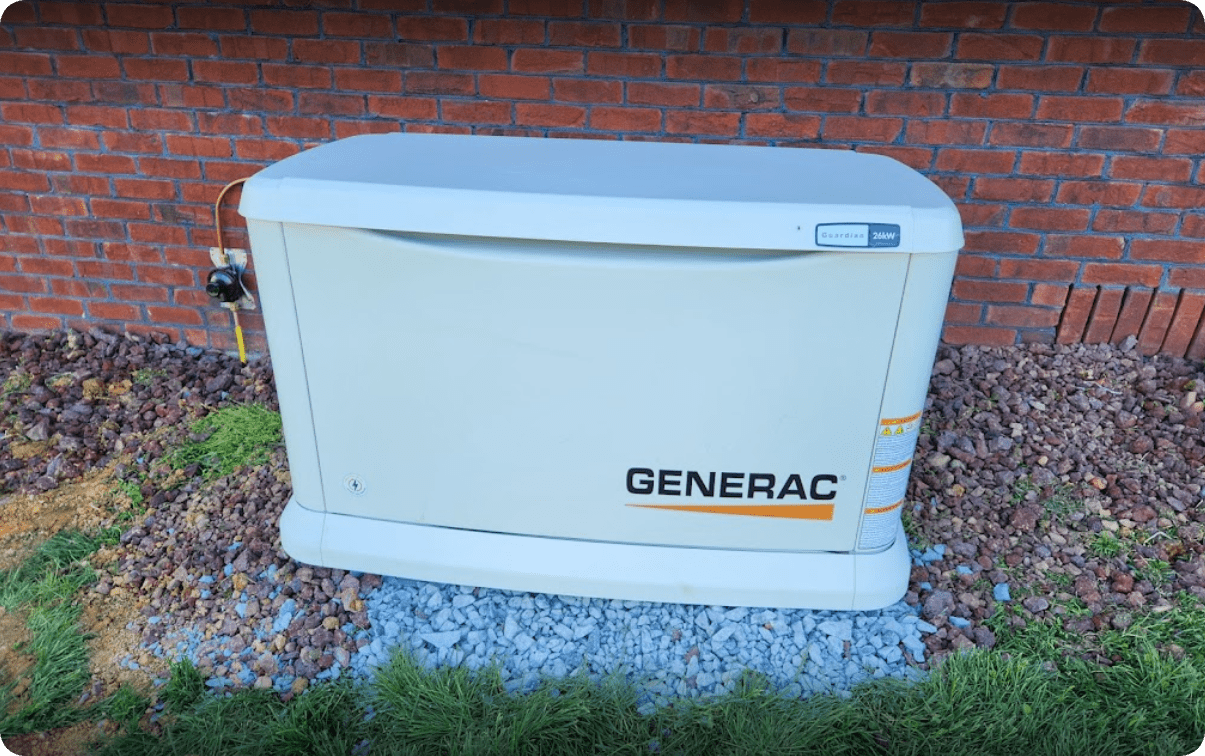 Cape Cod, and especially those of us who live here year ‘round know that we have an aging electric grid that has frequent outages.
Cape Cod, and especially those of us who live here year ‘round know that we have an aging electric grid that has frequent outages. 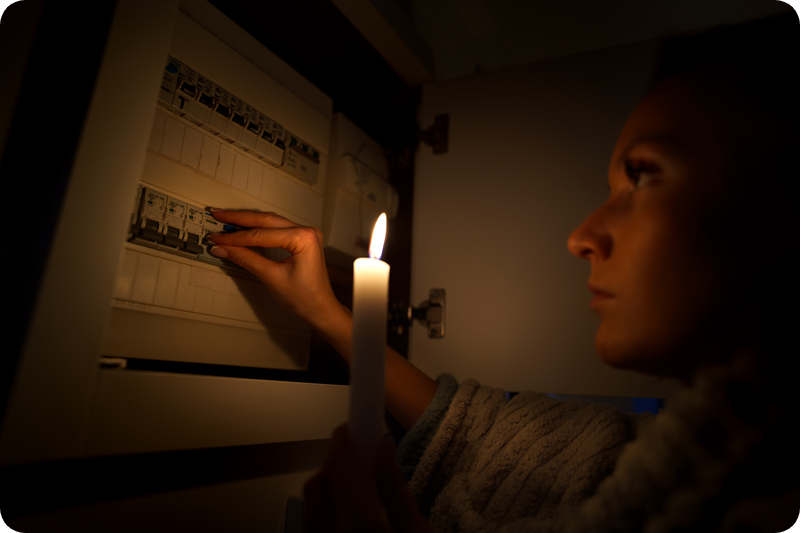 When you lose power for more than a few minutes, it can get expensive. Without power, the temperature in your refrigerator and freezer can increase, making food more likely to spoil and become unsafe to eat. Replacing a whole fridge’s worth of food can run you several hundreds of dollars, and with just one or two extended outages, the security a generator offers looks more and more attractive and cost-effective.
When you lose power for more than a few minutes, it can get expensive. Without power, the temperature in your refrigerator and freezer can increase, making food more likely to spoil and become unsafe to eat. Replacing a whole fridge’s worth of food can run you several hundreds of dollars, and with just one or two extended outages, the security a generator offers looks more and more attractive and cost-effective.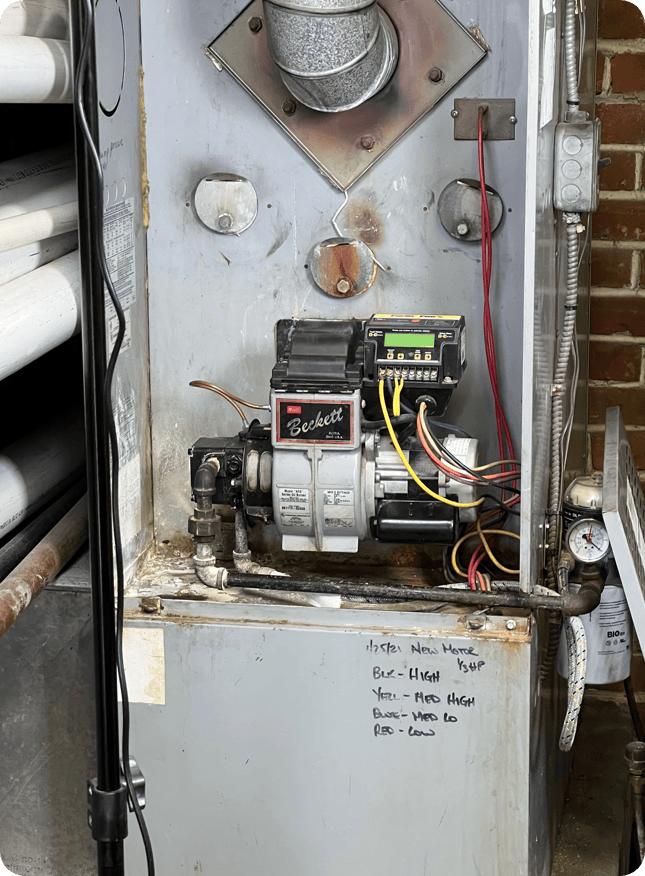 Replacing an old heating system is a big decision, and one that you sometimes may not have a straight answer to. In most cases, people simply replace their old heating system when it stops working. This is a pretty simple answer, but one that rings true for most people.
Replacing an old heating system is a big decision, and one that you sometimes may not have a straight answer to. In most cases, people simply replace their old heating system when it stops working. This is a pretty simple answer, but one that rings true for most people. 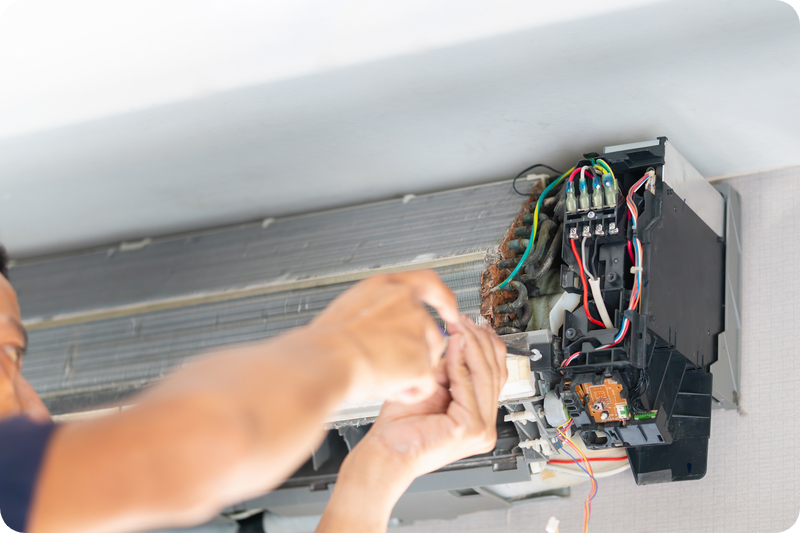 The best time of year to replace your heating system is the fall. Obviously, if your heating system needs to be replaced in the winter, that is perfectly fine. We would recommend replacing your heating system in the fall for a few reasons.
The best time of year to replace your heating system is the fall. Obviously, if your heating system needs to be replaced in the winter, that is perfectly fine. We would recommend replacing your heating system in the fall for a few reasons. 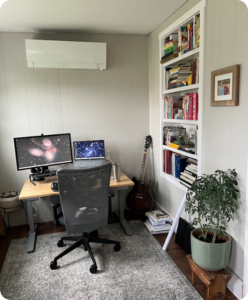 One of the common things homeowners complain about is why certain rooms in their home always seem too hot or too cold. It might be your sunroom, the room above the garage, or a room on the upper floor that just is too warm for comfort. Or maybe you have a finished basement, and the room always feels clammy in some way.
One of the common things homeowners complain about is why certain rooms in their home always seem too hot or too cold. It might be your sunroom, the room above the garage, or a room on the upper floor that just is too warm for comfort. Or maybe you have a finished basement, and the room always feels clammy in some way. 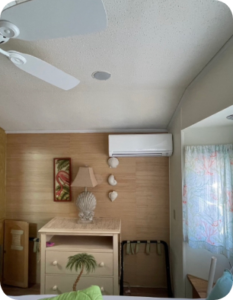 Ductless mini-split systems are so efficient they qualify for rebates from most energy companies and tax credits up to
Ductless mini-split systems are so efficient they qualify for rebates from most energy companies and tax credits up to 
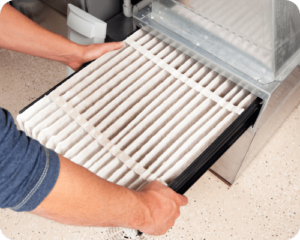 A typical air conditioning inspection will check and test:
A typical air conditioning inspection will check and test: